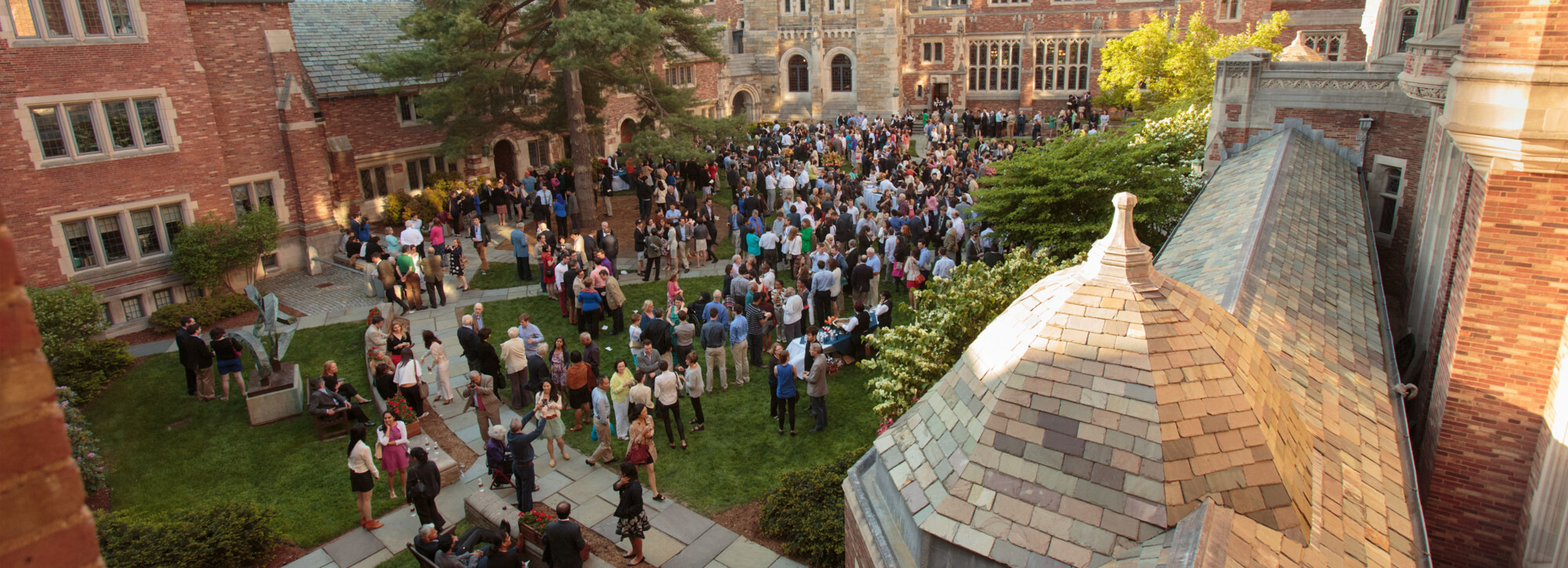
Renagh O’Leary ’14 is a Clinical Assistant Professor with the Legal Assistance to Incarcerated People (LAIP) Project at the Frank J. Remington Center at the University of Wisconsin-Madison Law School. Before joining the Remington Center, O’Leary was a trial attorney at the Bronx Defenders, a public defender’s office committed to an innovative model of holistic representation, during which time she gave this interview to the Yale Law Report.
YLR: Could you describe the nature of your work at the Bronx Defenders?
Renagh O’Leary: As a public defender, I represent people charged with misdemeanors and felonies in state court. I represent my clients at every stage of their cases, from arraignment through trial, a plea, or dismissal. Though doing a trial or suppression hearing is certainly one of the most exciting parts of my job, negotiating a great plea bargain or litigating a motion to dismiss can be just as important.
I’m in court every day, but litigation is only one part of my role as a defense lawyer. Being arrested and charged with a crime wreaks havoc on someone’s life. Because of their criminal cases, my clients are often at risk of losing their housing, their children, their job, or their immigration status. The Bronx Defenders has pioneered a holistic model for public defense work through which we help clients address the full range of challenges created by a criminal case. In addition to representing clients on their criminal cases, I work closely with other attorneys, social workers, and advocates to address the collateral issues my clients confront.
YLR: What makes you so passionate about the work that you are doing?
O’Leary: Public defenders stand with our clients on the front lines of the fight against a broken criminal justice system. I witness the cruelty, racism, and fundamental unfairness of the criminal justice system every day. Too often, my clients are punished for being poor, for being people of color, or for being mentally ill. At the same time, I am inspired by my clients’ resilience and bravery in confronting a deeply unjust system.
YLR: How did your experience working in the Criminal Justice Clinic prepare you for your current career?
O’Leary: As a clinical student in the Criminal Justice Clinic (CJC), I represented people charged with misdemeanors in New Haven’s lower state court. My clinic partner and I represented two clients at a time on their pending cases. We advocated for our clients’ release at arraignments, conducted investigations, negotiated with judges and prosecutors, and counseled our clients, all under Professor Doherty’s careful guidance. The most important thing I learned in CJC was to be a reflective and self-critical advocate. The path of a client’s case can be shaped by a million small decisions, and it’s important to think through every one of them.
Updated August 2021
